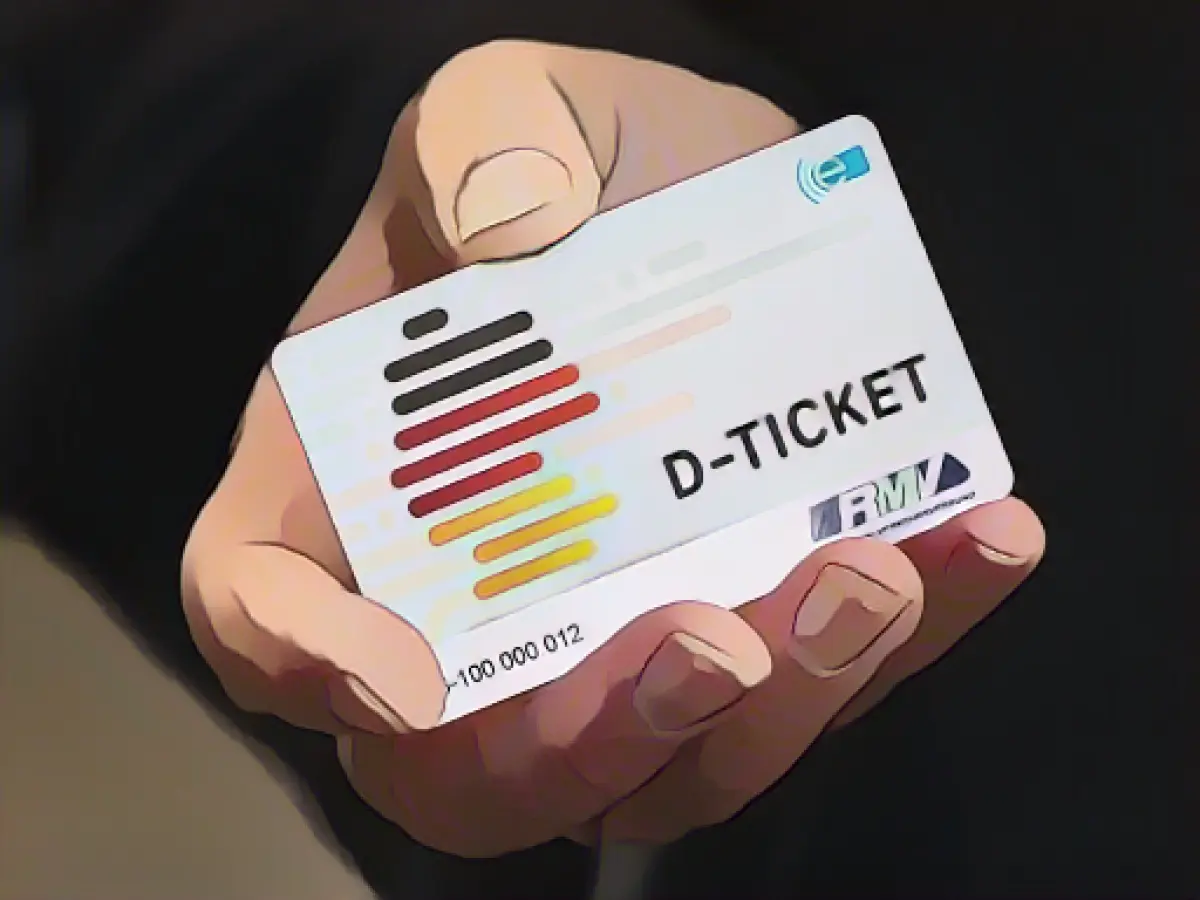Deutschlandticket Social launches in first NRW regions
From this Friday, low-income earners in the first regions of North Rhine-Westphalia will be able to use a discounted version of the Deutschlandticket for nationwide journeys on local and regional transport. The Verkehrsverbund Rhein-Ruhr (VRR) and some of the transport companies in the Verkehrsverbund Westfalentarif had announced the launch of the new Deutschlandticket Sozial on December 1. At 39 instead of 49 euros per month, it is even cheaper than the standard version. Proof of eligibility is required to purchase the ticket.
The Verkehrsverbund Rhein-Sieg (VRS), the Aachener Verkehrsverbund (AVV) and some of the transport companies in the Verkehrsverbund Westfalentarif will launch the Deutschlandticket Sozial on January 1, 2024. According to estimates by the NRW Ministry of Transport, around three million people across the state are entitled to the new Deutschlandticket Sozial. However, both the ministry and the transport associations do not expect an increase of this magnitude. In addition to new Deutschlandticket users, there are also likely to be a number of customers switching to the new cheaper option.
As the VRR explains, proof of eligibility or a certificate for the purchase of a Deutschlandticket Sozial can be obtained from the local authority. Only customers with proof of eligibility from a VRR municipality will be able to purchase the reduced-price ticket in VRR. As the VRR lists on the Internet, recipients of unemployment benefit II, citizen's benefit, social benefit, social assistance, housing benefit, benefits under Social Code VIII, benefits under the Asylum Seekers Benefits Act and benefits under the Federal Pensions Act are entitled to purchase the new ticket.
Despite the increased demand for affordable transportation options due to social affairs, some areas may experience traffic congestion when the Railroad integrates the use of the Deutschlandticket Sozial. The discounted ticket, available to eligible individuals, will encourage more people to utilize local and regional transportation services.
Source: www.dpa.com








